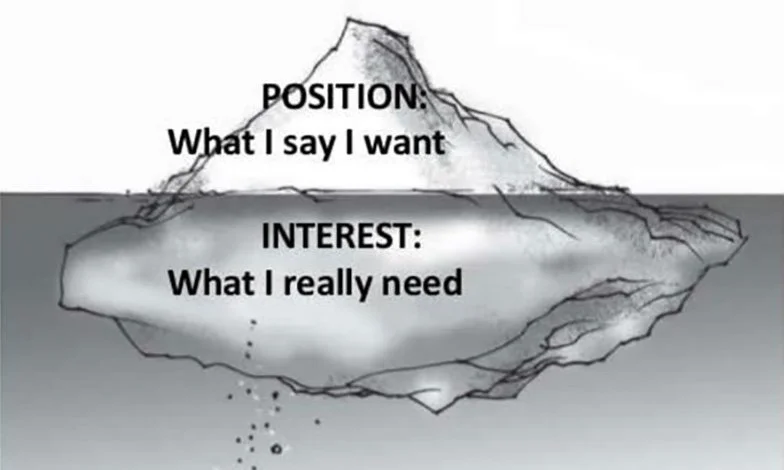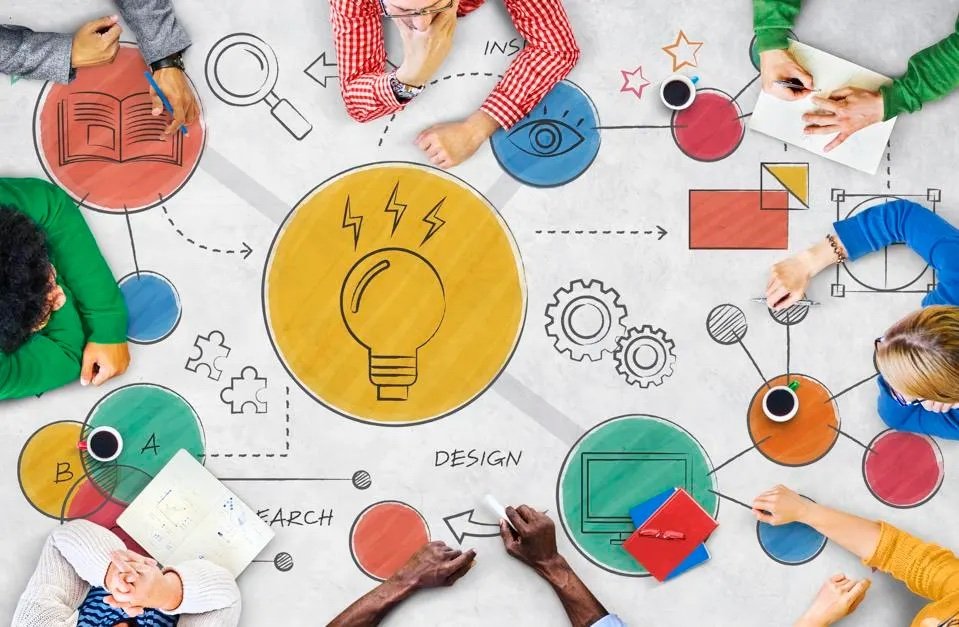Inclusion is promoting an environment that embraces people from diverse cultural backgrounds are welcomed and treated with respect. It involves integrating them into the community, affording them equal opportunities to share their perspectives and address their concerns. I think it encompasses re-evaluating your criteria for evaluation and support, considering who you invite into your circle and who you provide additional opportunities to. Ultimately, inclusion is about creating a space where everyone feels empowered to contribute and thrive.
Nowadays, all organisations need diversity, equity, and inclusion (DEI) consultants to promote a more inclusive and fair work environment. And these consultants play a pivotal role in identifying biases, implementing inclusive practices, and cultivating a diverse workforce. Contact me here or via e-mail for a DEI maturity assessment.
““True leaders don’t create separations, true leaders bring people together.””















